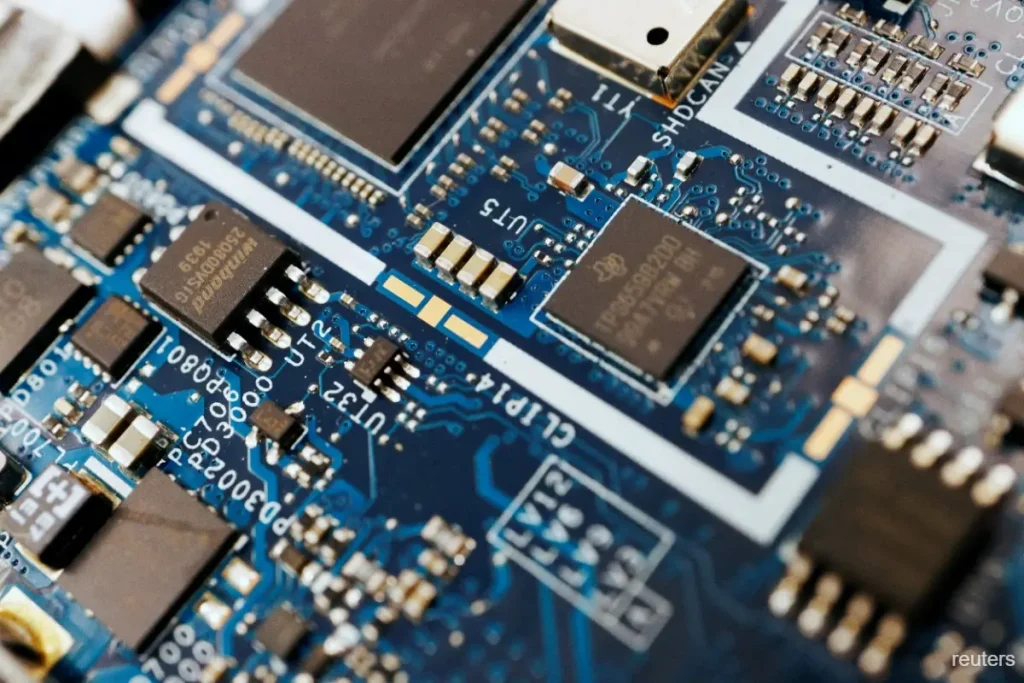Amazon, Microsoft, and Meta are urging President Joe Biden to reconsider a proposed regulation on the export of AI chips, which could restrict global access to crucial technology, particularly affecting countries like Nigeria. The companies, represented by the Information Technology Industry Council (ITI), have expressed concerns that the regulation could undermine the U.S.’s leadership in artificial intelligence (AI).
The rule, expected to be finalised by Friday, is part of efforts to limit the use of advanced AI technologies by adversaries such as China. However, it would also impose sweeping restrictions on the sale of U.S.-made AI chips to numerous countries. While the goal is to prevent China from using these technologies to strengthen its military capabilities, industry leaders warn that this could unintentionally shift the balance of power in the global AI market.

In a letter to U.S. Commerce Secretary Gina Raimondo, ITI CEO Jason Oxman criticised the rush to finalise the rule, emphasising the potential negative consequences for U.S. AI leadership. Oxman argued that the rule should undergo broader consultation and deliberation, urging a more measured approach. The Semiconductor Industry Association and Oracle also voiced concerns, with Oracle’s Ken Glueck describing the regulation as a major blow to global cloud computing operations.
The pushback comes over growing competition in the global AI space, with Microsoft actively seeking to maintain U.S. leadership. Microsoft’s Vice Chairman Brad Smith highlighted the increasing rivalry between the U.S. and China, particularly in developing nations. China’s aggressive strategy to dominate the AI sector by subsidising access to critical technologies, such as chips, poses challenges for U.S. companies and national security.


